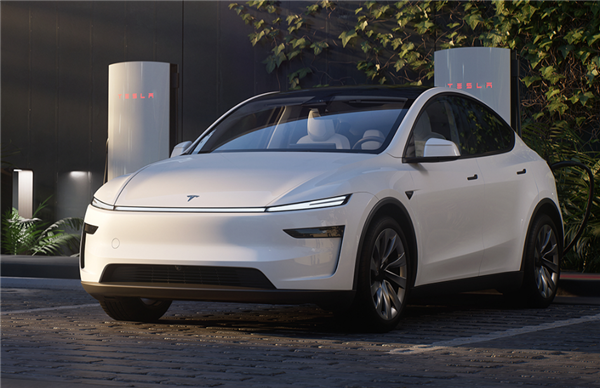June 26, 2025 – Recent figures from the European Automobile Manufacturers’ Association (ACEA) reveal a concerning trend for Tesla in the European market. In May, the company witnessed a significant 27.9% year-on-year decline in new vehicle sales across the region. This downturn comes despite a robust 27.2% growth in overall battery electric vehicle (BEV) sales in Europe, indicating that Tesla’s struggles are not reflective of the broader BEV market’s performance. Even the refreshed Model Y, Tesla’s attempt to revitalize its lineup, failed to reverse the sales slump.
The European automotive market as a whole experienced a modest 1.9% increase in new vehicle sales during the same period. The growth was primarily driven by a surge in plug-in hybrid electric vehicles (PHEVs) and alternative-fuel vehicles. However, Tesla’s market share in Europe dwindled from 1.8% in the same month last year to just 1.2%, marking five consecutive months of declining sales. Analysts attribute this trend to a shift in consumer preferences towards more affordable Chinese electric vehicles, as well as some dissatisfaction with Tesla CEO Elon Musk’s political stance.

In the face of intensifying competition, Tesla’s refreshed Model Y was expected to be a game-changer, helping the company update its aging models and regain market competitiveness. Nevertheless, traditional automakers and Chinese rivals are rapidly introducing new electric vehicles, particularly amid escalating trade tensions, which have significantly eroded Tesla’s market share.
Meanwhile, Chinese electric vehicle manufacturers continue to make strong inroads into the European market. Despite the EU imposing tariffs on Chinese electric vehicles, Chinese brands collectively sold 65,808 units in May, doubling their market share to 5.9%. According to data released by Jato Dynamics on Tuesday, BYD’s registrations in May were nearly on par with Tesla’s, and in April, BYD even outpaced Tesla in sales.
Looking at the broader picture, new vehicle sales in the EU, UK, and European Free Trade Association (EFTA) countries totaled 1.11 million units in May, a 0.3% increase from April. Among these, China’s SAIC Motor and Germany’s BMW saw registration growth of 22.5% and 5.6%, respectively, while Japan’s Mazda experienced a 23% decline. Despite the growing demand for electric vehicles, overall car sales in the EU have declined by 0.6% so far this year. However, registrations for BEVs, PHEVs, and hybrid vehicles have increased by 26.1%, 15%, and 19.8%, respectively, accounting for 58.9% of passenger vehicle registrations in May, up from 48.9% in May 2024.
Notably, among the major EU markets, Spain and Germany recorded sales growth of 18.6% and 1.2%, respectively, while France and Italy saw declines of 12.3% and 0.1%. The UK, on the other hand, registered a 1.6% increase in sales.












